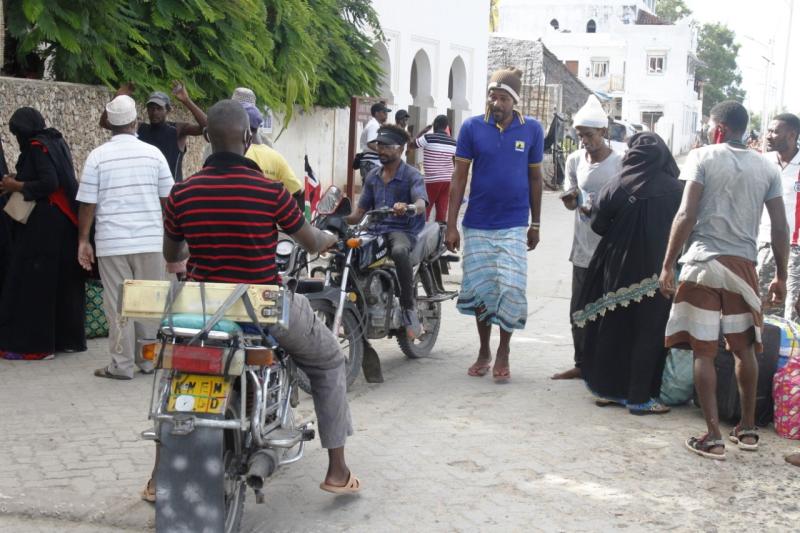×
The Standard e-Paper
Smart Minds Choose Us

Motorbikes are fast replacing donkeys as the preferred mode of transport in Lamu island. [Joackim Bwana, Standard]
For centuries, Lamu’s charm stemmed from its serene life, shielded away from modernity that gave visitors a taste of the ancient times.